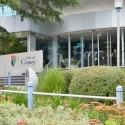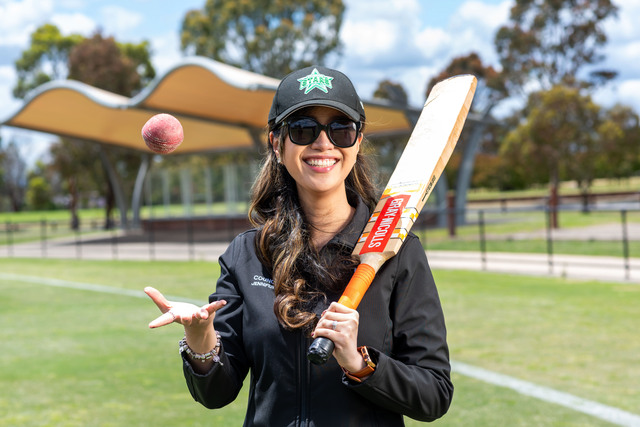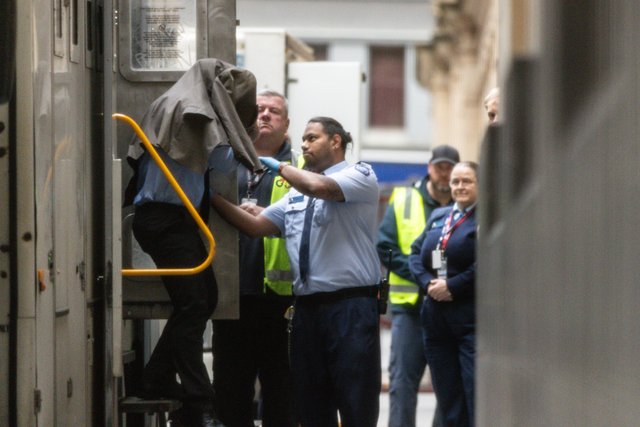By CAM LUCADOU-WELLS
CASEY Council will be overseen by a short-term monitor after a Victorian Ombudsman’s report found the council acted unjustly – and in part illegally – in its special charge scheme against residents in Market Lane, Narre Warren South.
After tabling the report on 22 June, Ombudsman Deborah Glass criticised the council for using a closed council meeting in 2014 to increase interest rates on the special charge.
The 37 affected residents were not given prior notice or the opportunity to object to the rise in rate from 4.25 per cent to 7.5 per cent.
“We concluded that the council had acted in a way that was wrong, unreasonable, unjust and in two respects, contrary to law,” Ms Glass stated.
“In short, the council’s actions were unfair.”
Most of the affected property owners were against the charge – initially between $15,000-$20,000 each, plus interest on a 15-year instalment plan.
As a result of the interest change, the amount payable increased by 23 per cent, the Ombudsman’s report stated.
Casey chief executive Mike Tyler told the Ombudsman’s officers that making the decision in-camera was “in retrospect … an error”.
“It was considered that discussion in open council could prejudice those paying or earmarked to pay interest on special charge instalments.”
Local Government Minister Natalie Hutchins said a monitor would be appointed for up to 12 weeks to examine and oversee governance at Casey.
“The Ombudsman’s findings against Casey City Council are completely unacceptable – ratepayers rightly expect honesty and accountability from their local council.”
Casey mayor Sam Aziz said Ms Hutchins’ response was “over the top”.
“The Ombudsman has made previous reports about local government, but the minister hasn’t resorted to appointing a monitor.
“There is no doubt in my mind this is a political move designed to harm an outspoken and forthright council ahead of the October council elections.”
The Ombudsman recommended Casey consider refunding the interest charged above 4.25 per cent, and releasing all minutes and documents relating to the closed meeting.
Casey Council is set to consider those recommendations at a meeting on 5 July.
In May 2015, the council had dropped the interest rate of the charge to 6 per cent, and in July reduced the overall charge due to the roadworks costing less than estimated.
During the September investigation, the council agreed to drop its 1.5 per cent ‘administration surcharge’ to 1 per cent because it exceeded the legal limit.
Cr Aziz said the council quickly refunded the admin charge when the error was realised.
“Council is already implementing a number of the recommendations outlined in the Ombudsman’s report including improving the availability of information to ratepayers about special charge schemes, and publishing this on council’s website.”
He said the council was working to reduce the number of items considered in closed council.
In December, the state’s Know Your Council website found Casey made 37 per cent of its decisions in closed meetings in 2014-’15.
The figure was triple the statewide council average.
In March, the Ombudsman launched a separate investigation into local government transparency, including the use of closed meetings and handling of confidential matters.







